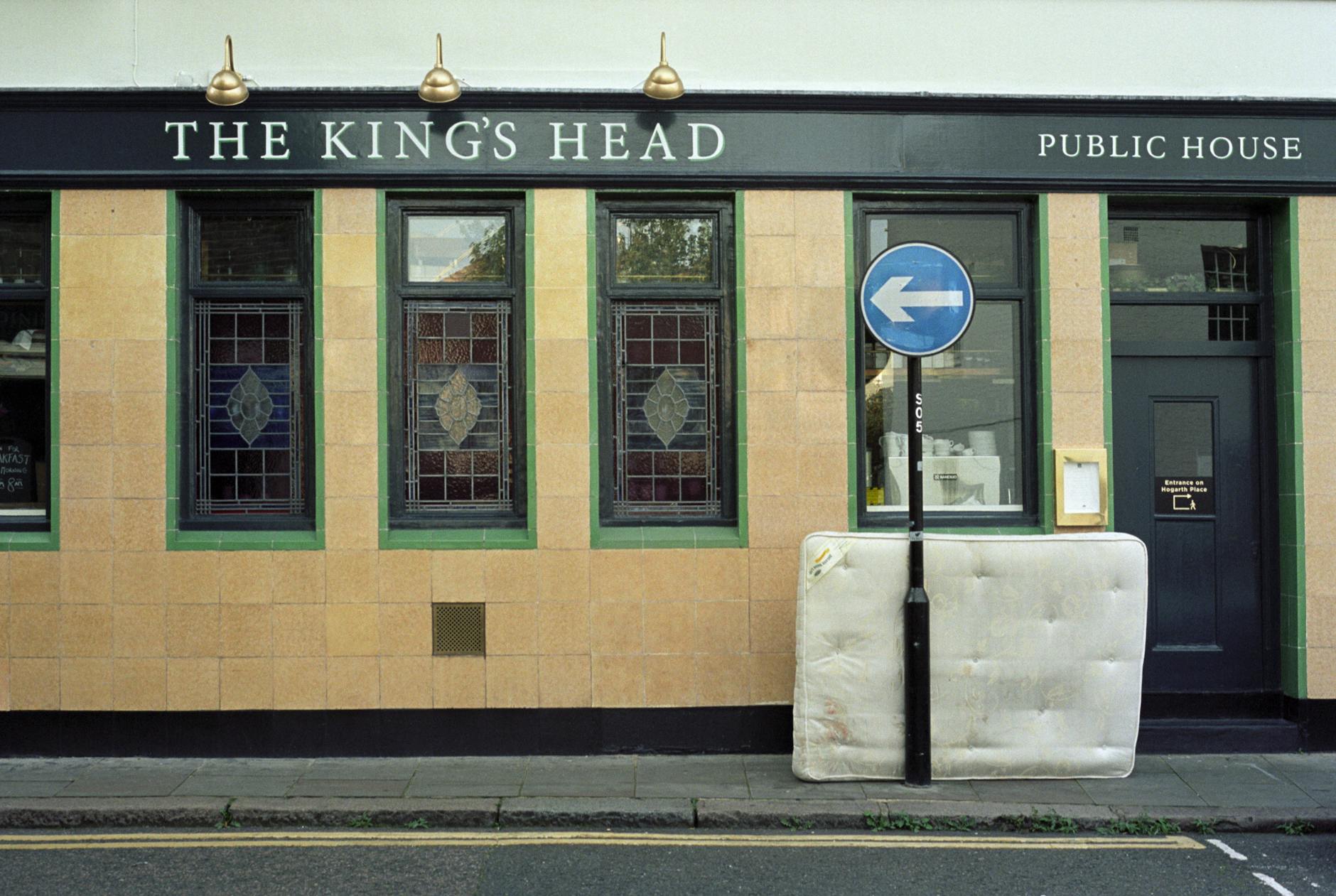Discover the Intrigues of Polish Holidays: The Secrets Behind Everything Closing Down
Poland, with its deep-rooted traditions and vibrant culture, is a country where public holidays carry more than just historical significance. Explore why businesses and cultural institutions come to a standstill and the rich stories behind these celebrated days.

Understanding Polish Holidays: Tradition Meets Modernity
Discover the Uniqueness of Polish Public Holidays In Poland, public holidays are a unique national experience. They blend traditional customs with modern vibrancy, reflecting the spirit and resilience of the nation.
- Guardians of Tradition: Polish holidays are not just about taking a break. These days hold profound cultural and religious significance. Institutions close, reflecting the deep respect for tradition and communal celebration.
- Historical Highlights: Several of these holidays recall pivotal moments in Polish history. They’re reminders of the country’s challenges and triumphs, instilling a sense of pride and unity among its people.
Key Holidays and Why They Command Respect
1. New Year’s Day: A Global Celebration with a Polish Touch
- Date: January 1
- Significance: Much like the rest of the world, Poles welcome the New Year with enthusiasm and reflection on the old.
- Why Everything Closes: To encourage family gatherings and mark new beginnings.
2. Easter Monday (Śmigus-Dyngus): A Splash of Joy
- Date: Varies (the day after Easter Sunday)
- Significance: A day filled with water-throwing festivities known as „wet Monday.”
- Origin: Stemming from pagan traditions and later infused with Christian symbolism.
- Closure Motivation: Preserving customs, fun, and family unity is paramount.
3. Constitution Day: Commemorating Democratic Values
- Date: May 3
- Significance: Commemorates Poland’s 1791 Constitution, one of Europe’s first.
- Historical Impact: Signifies national pride and progress.
- Bootstrapped Closures: Offices close to honor democratic values and historical milestones.
4. All Saints’ Day: A Day of Reverence
- Date: November 1
- Significance: Honoring the departed by visiting graves and attending church services.
- Societal Dynamics: The entire nation pauses in solemn memory of loved ones.
- Business Closures: Reflects the communal act of remembrance embedded in Polish culture.
Why Else Businesses Close: Underlying Societal Themes
Religious Reverence:
- Dominated by Catholic observance, holidays often prompt reflection, community, and gatherings that transcend the commercial aspect.
- Family and Society Focus:
- Polish culture prizes family cohesion, making holiday closures essential for nurturing these bonds.
Get Practical: Navigating Polish Holidays as a Traveler or Expat
- Be Prepared: Know the calendar and pre-plan your trip, considering limited services.
- Engage Locally: Participate in local events and traditions to dive into authentic Polish culture.
Conclusion: Respecting the Spirit and Significance of Polish Closures
In essence, Polish holidays reaffirm cultural identity and instill a timeless bond with the past. They’re not just days off but invitations to connect with history and community. Whether you’re a visitor or a resident, understanding and respecting these closures can enrich your experience in Poland.
Explore the roots, engage with the celebrations, and appreciate the profound meaning behind these significant days.















